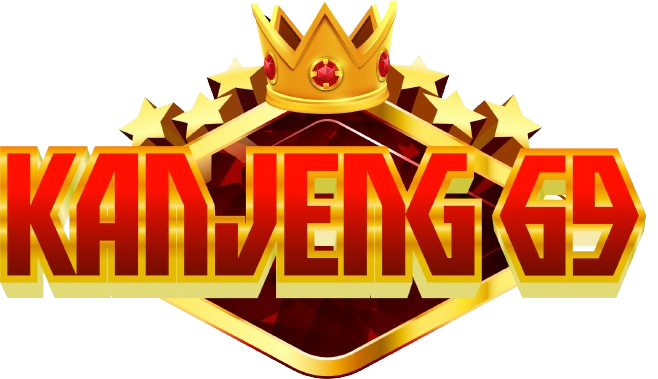Kanjeng69 merupakan situs pencetus slot pulsa pertama kali dihadirkan dengan fitur tanpa potongan dan bersertifikat pagcor, Slot deposit pulsa ini juga memiliki ragam provider yang diterima demi kenyamanan para pemain slot online seperti deposit pulsa indosat & tri. Cara deposit ini sangat aman & mudah digunakan oleh berbagai kalangan pemain slot, selain hal itu deposit indosat & tri sudah menjadi transaksi yang banyak di lakukan di dunia slot dan menjadikan deposit pulsa tanpa potongan ini alternatif terbaik Ketika para member sedang tidak ada saldo di dalam rekening atau pun memiliki pulsa yang sedang tidak di gunakan dan menjadikan pundi-pundi kemenangan. selain itu bermain di situs slot pencetus deposit pulsa ini memiliki kelebihan yang tidak ada di situs lain yaitu dengan tingkat maxwin yang tinggi langsung diberikan oleh pusat mencapai 96% sehingga kemenangan mutlak di tangan.
Kanjeng69 telah banyak di kenal para pemain slot online di Indonesia yang sudah terjamin kemanan dan gacor nya situs ini. karena hal tersebut yang terus membuat kanjeng69 axis di dunia perslotan dan tempat berkumpul nya para pencari perkalian dan scatter hitam, karena situs slot gacor kanjeng69 menjadi slot gampang menang dalam meraih maxwin dan perkalian X100, X500, X1000 dan tentu hingga perkalian 10000 . tunggu apa lagi nikmati benefit dan fitur yang di sediakan oleh situs slot gacor kanjeng69 dan raih kemenangan terbesar yang sidah di siapakan.















 LOGIN
LOGIN
 ALTERNATIF
ALTERNATIF
 DAFTAR
DAFTAR
 PROMOSI
PROMOSI
.avif) LIVE CHAT
LIVE CHAT